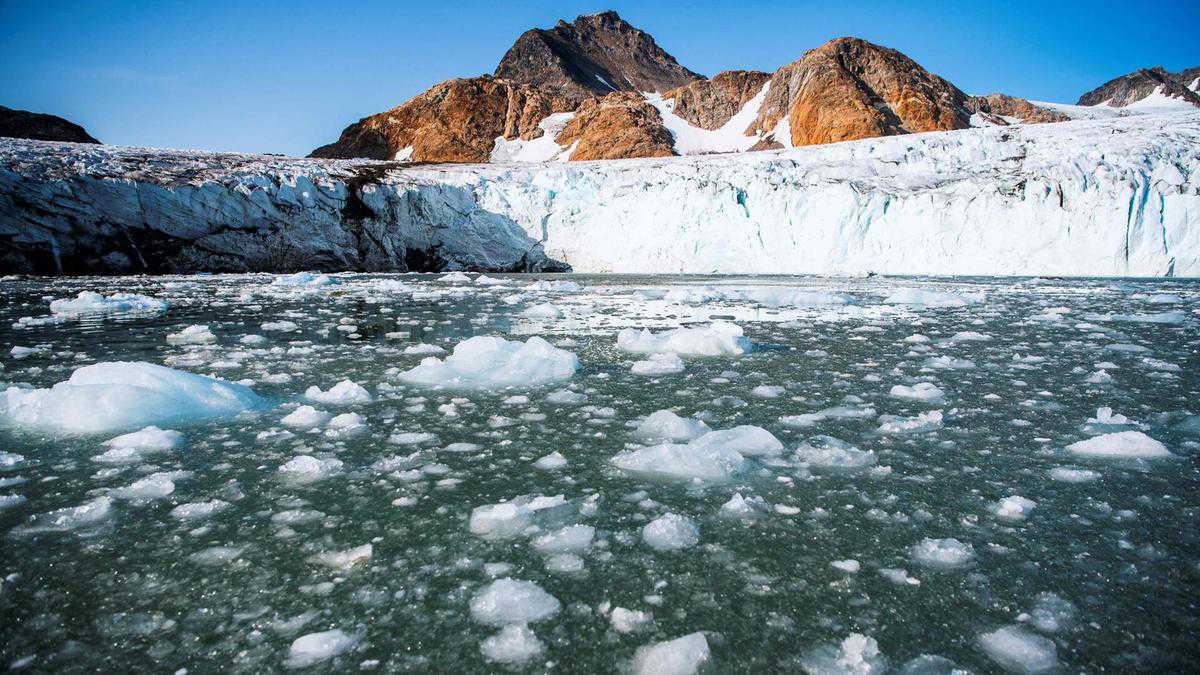Singapore, Luxembourg, Australia and additional polluters fare poorly found in UN index
15 December, 2020

Singapore, Luxembourg, Australia and several other wealthy countries have fared poorly within an annual UN study that for the first time this season added environmental performance into its calculations.
The UN’s gross annual Human Expansion Index (HDI) ranks nations by their degrees of health, education and living standards. Countries like Norway and Switzerland place excessive, while Somalia and North Korea trail in the bottom.
This season, amid mounting evidence that man-made climate change is ravaging the planet, UN analysts added skin tightening and emissions and consumption rates with their calculations, shaking up the scorecard.
Singapore, Luxembourg, Australia, the US, Canada and Arab Gulf claims, which ordinarily have high HDI scores, saw their ratings fall sharply this year because they over-consume and emit an excessive amount of carbon in to the atmosphere.
Luxembourg, a tiny European country of 628,000 people and a $62 billion economy, at first ranked 23rd on the index, but fell 131 places after its environmental rating was added to the mix.
Meanwhile, countries of relatively modest means that strive to trim greenhouse gas emissions, such as Costa Rica, Moldova and Panama, each saw increases in their search positions of at least 30 places on this year’s index.
Achim Steiner, the administrator of the UN Development Programme, told reporters that obtaining high rates of literacy and life span was not enough to attain the top of the index nowadays.
“Singapore and Luxembourg have achieved very high degrees of per capita profit of development. But what they will be confronting at this time is … climate change, global warming, lack of biodiversity and ecosystems,” explained Mr Steiner.
“What's driving that method of measuring development must adjust.”
Pedro Conceicao, the business lead writer of the report, which was released on Tuesday, said current economies with high intake rates that burn lots of fossil fuels fared poorly on the revised scale.
“Luxembourg and Singapore demonstrate this even more sharply, in large portion reflecting their exceptional instances, given that both are tiny, highly start economies with high profit per capita and a structural reliance on hydrocarbons for energy,” said Mr Conceicao.
The 369-page report, ANOTHER Frontier: Human Production and the Anthropocene, marks its 30th anniversary this season amid growing concerns of environmental devastation as mankind continues to overuse the planet’s resources.
UN Secretary-Standard Antonio Guterres has spoken of mounting scientific data that man-manufactured greenhouse gas emissions happen to be damaging the environment, leading to record temperature ranges and melting ice caps.
This month, he warned of mankind’s “suicidal” disregard for the planet and needed global carbon neutrality within three decades, more climate-focused finance and the creation of new technologies to adapt to hotter temperatures.
The UN says human beings have considerably altered three-quarters of the Earth’s land surface, destroyed 85 per cent of its wetlands and damaged two-thirds of its oceans with overfishing, pollution and acidification.
Countries agreed found in Paris in 2015 to limit global warming to below 2 degrees Celsius, ideally 1.5C, compared to pre-industrial circumstances by the finish of the century. Normal temperatures have already risen by about 1C.
For Mr Conceicao, the study’s new figures certainly are a wake-up call for nations to swap to clean energy resources and better protect ecosystems because they build metropolitan areas and expand their economies.
“Another frontier for individual development isn't about choosing between people or trees; it’s about recognising, today, that individual progress powered by unequal, carbon-intensive progress has run its program,” said Mr Conceicao.
Source: www.thenationalnews.com
